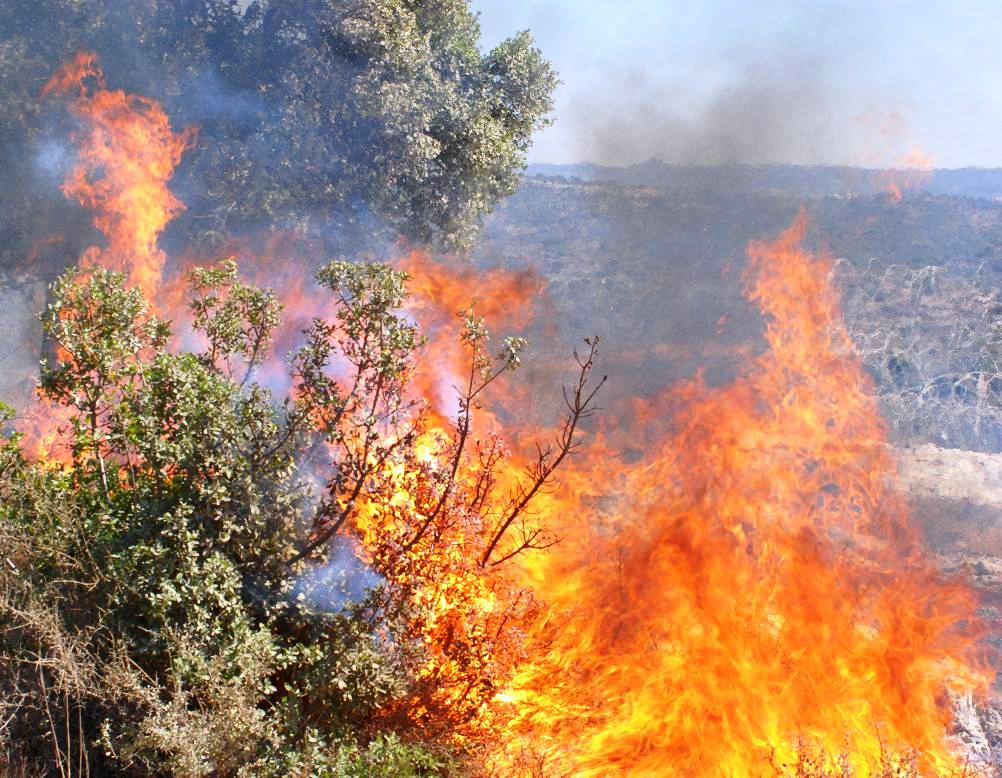Tag: Bil’in
-
The lonely olive tree of Bil’in
14 October 2011 | International Solidarity Movement, West Bank Near the concrete wall which separates Bil’in from Modiin Illit colony, occupied by ultra-Orthodox Jews, there is an olive tree. It is impossible to know how it survived the construction of the wall and how it continues to resist to the lack of a few cares that the specie demands – a lack caused by the Israeli barbed wire fence that prevents the access of the residents…
-
Bil’in takes art as a means of resistance
30 September 2011 | Popular Committee against the Wall and Settlement of Bil’in Dozens of demonstrators were asphyxiated by tear gas during the weekly march organized by the Popular Committee Against the Wall and Settlements in Bil’in. Present at the demonstration were Chairmen of the Advisory Council for a Green Palestine, Basem al Masri and…
-
Israel dismantles section of the Separation Wall in Bil’in
26 June 2011 | The Palestine Telegraph Israeli occupation forces started Sunday dismantling a section of the Separation Wall near the village of Bil’in in the northwest of Ramallah in accordance to the decision issued by Israeli supreme court about four years ago. Witnesses told local sources that Israeli soldiers fired tear gases and rubber…

